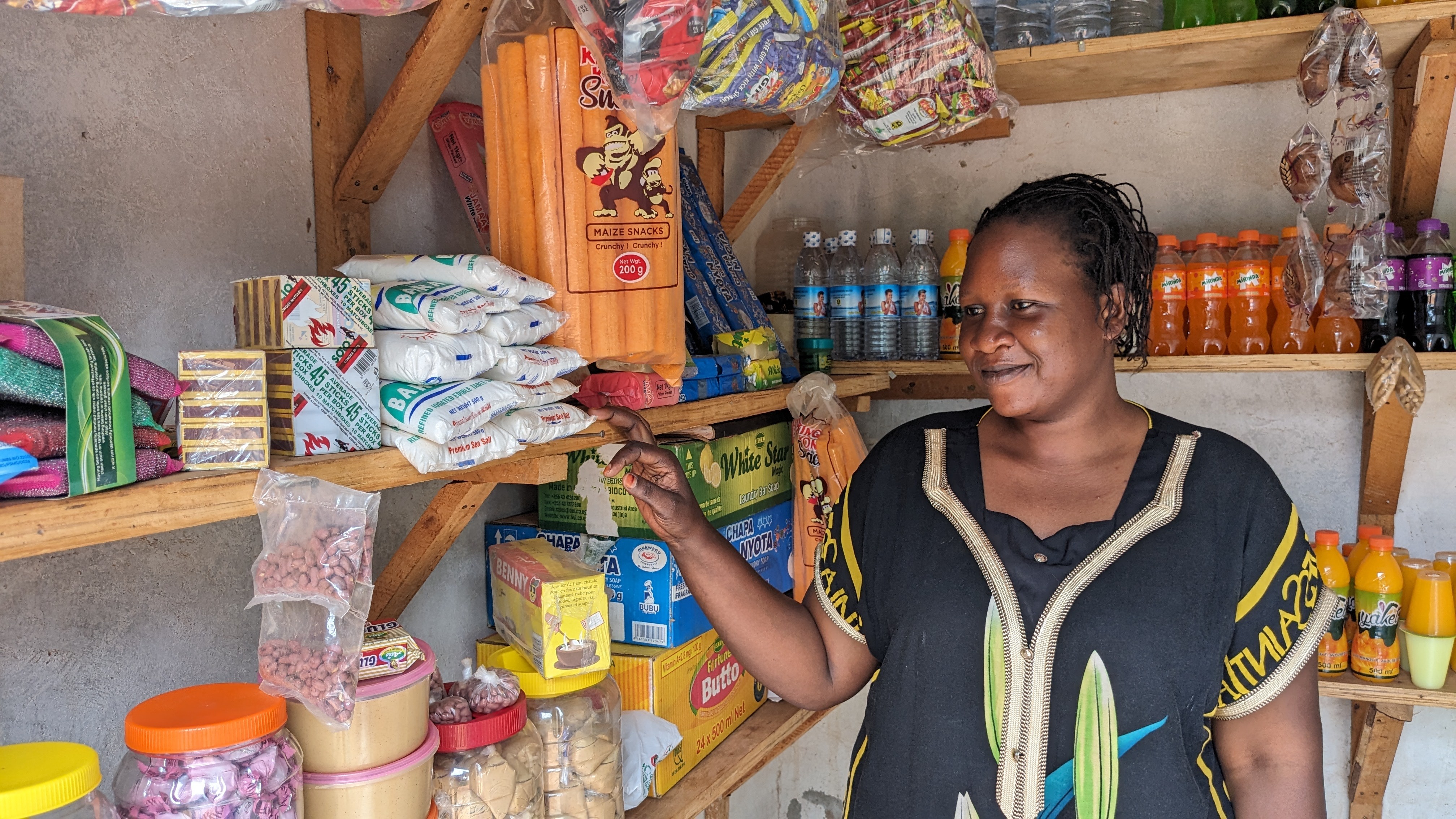With many people focused on charitable giving last Tuesday, this week saw several pieces on GiveDirectly, effective altruism, and cash transfers. Business Insider profiled GiveDirectly’s new product, GDLive, and 12 specific recipient stories. NPR Morning Edition featured GiveDirectly with an interview with our own Ian Bassin. Vox, Deadspin, The Life You Can Save, and GiveWell all profiled GiveDirectly as one of this year’s top charities.
GIVEDIRECTLY IN THE NEWS AND BLOGS
1. Economist’s Christmas
Marginal Revolution, Tyler Cowen and Alex Tabarrok, December 5, 2016
Around the holidays, there’s also a spike in charitable giving. If you face knowledge and incentive problems in giving gifts to loved ones, you can imagine that these issues increase when you’re giving to someone you’ve never met. To combat this problem, some charities, such as GiveDirectly, give cash to people in need so that they spend charitable donations however meets their needs.
2. Here Are The World’s Most Effective Charities
Deadspin, Hamilton Nolan, December 2, 2016
There are no bad choices among them. But here are the charities that appear on both the TLYCS and GiveWell lists:… GiveDirectly, which sends money to the extreme poor.
3. 12 people from Kenya reveal how getting free cash is changing their lives
Business Insider, Chris Weller, November 30, 2016
To update GDLive, teams on the ground ask each subject how they’ll use any forthcoming money and what benefits they’ve already seen from their transfers. App users can track specific recipients and receive email updates when an individual gets a new payment.
4. Choosing A Charity: Should You Go With Your Heart Or Your Head?
NPR Morning Edition, Nurith Aizenman, November 29, 2016
It’s a fairly new group called GiveDirectly, launched in 2009. And basically, it wants to take your cash and just hand it over to an extremely poor person. No strings attached. The beneficiary can spend the money however he or she sees fit. That’s can be a tough case to make, says Ian Bassin, who manages donor relations for GiveDirectly among other duties.
5. Big Swings For Social Change
Forbes, William Foster, November 29, 2016
In the 1932 World Series, Babe Ruth pointed to center field before hitting a home run exactly there. At least two big bets from 2015 are also swinging for the fences: Dustin Moskovitz and Cari Tuna’s $25 million grant to GiveDirectly and Howard G. Buffett’s $500 million gift to the Government of Rwanda. Both are mighty swings at achieving enormous change through unorthodox methods. But can they hit one out of the park?
6. Best Charities for 2017
The Life You Can Save blog, Peter Singer, November 29, 2016
We’re excited to announce our 2017 list of Best Charities working against global poverty. These 18 non-profit organizations perform innovative and cost-effective work to bring medical services, vital nutrients, and economic opportunities to many of the 702 million people living in extreme poverty today. They use evidence-backed interventions to give new hope to the world’s neediest men, women, and children.
7. These are the charities where your money will do the most good
Vox, Dylan Matthews, November 29, 2016
But you know who does have a good sense of the needs of poor people in Uganda? Poor people in Uganda. They have a very good idea of what they need. Do they sometimes misjudge their spending priorities? Certainly; so do we all. And bed nets and deworming treatments appear to be underpurchased relative to the actual need for them. But generally, you should only give something other than cash if you are confident you know the recipients’ needs better than they do. With the exception of bed nets — which really doseem underprovided when they’re just put up for sale rather than given away for free — I’m not confident of that. So I give cash.
8. Our updated top charities for giving season 2016
The GiveWell blog, November 28, 2016
GiveDirectly (givedirectly.org) transfers cash to households in developing countries via mobile phone-linked payment services. It targets extremely low-income households. The proportion of total expenses that GiveDirectly has delivered directly to recipients is approximately 82% overall. We believe that this approach faces an unusually low burden of proof, and that the available evidence supports the idea that unconditional cash transfers significantly help people.’

